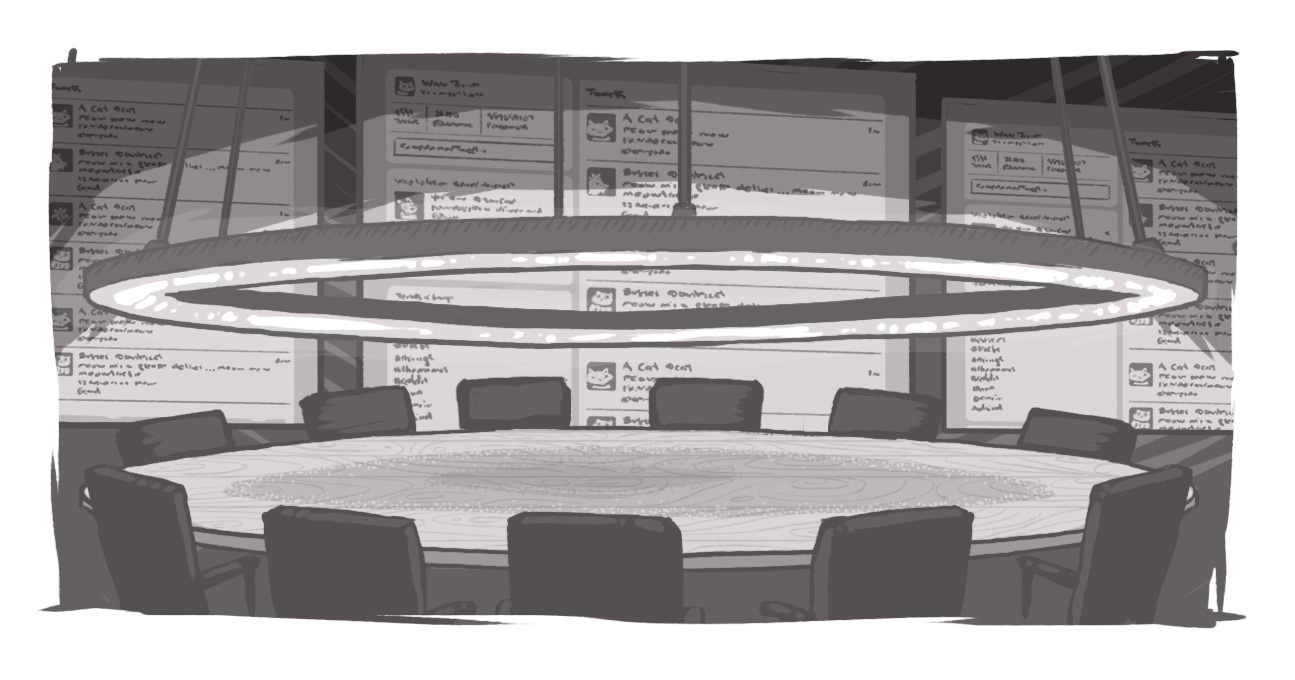Promising Marrakesh Ratification Limited by Delays by Those who could help most

Canada recently signed off on a landmark treaty that could have far-reaching impact on ending the "book famine" for those requiring accessible versions of printed materials. However, despite Canada joining 19 other countries in signing it, the treat may still be limited dramatically by the absence of some big players.
Earlier this summer, Canada became the 20th signatory to the Marrakesh VIP Treaty(formerly known as the Marrakesh Treaty to Facilitate Access to Published Works for Persons who are Blind, Visually impaired, or otherwise Print Disabled). Signed by 51 countries at the close of a diplomatic conference in Marrakesh, Morocco, it required 20 states to officially ratify it to enter into effect.
On June 30th, Canada became the 20th nation to accede, which allows the Marrakesh Treaty to come into force internationally on Sept. 30, 2016.
This treaty, which will significantly streamline the creation and distribution of printed media in alternate formats both domestically and abroad. It is administered by the United Nations through the World Intellectual Property Organization (WIPO). Its signatories include India, North and South Korea, Australia, Israel, and the United Arab Emirates. Half of those who ratified the treaty are in Latin America.
Those who are blind, have a visual or perceptual impairment that would make reading or understanding conventional print difficult, or have a physical disability which prevents them from holding or turning the pages of a printed book will benefit from this treaty. How? Countries who ratify the Marrakesh Treaty are required to make alterations to their copyright laws to permit the creation of alternate formats of printed works without fear of breaching domestic copyright restrictions.
There are some limitations:
- the materials must be near-exact reproductions of their originals and only apply to print media (not films or music);
- accessible alternatives must be created by designated entities whose mandate is the education or training of persons with a print disability or individuals acting on behalf of a person with a print disability;
- anyone wishing to make such copies cannot make a profit from doing so and must have lawful access to the original hard copy; and
- countries who ratified Marrakesh are also obliged to work together to share existing copies of materials in alternate formats, to prevent the costly duplication of efforts by individual countries.
In principle, the treaty is very exciting, as it will work to end the so-called "book famine," or the startling statistic that only one in seven printed books are available in an alternate format. If this treaty lives up to its promise, those of us who enjoy Braille or audiobooks will be in luck. This will particularly benefit low-income nations who lack the resources or infrastructure to develop Braille, electronic text or audio, forms of printed material. It will also mean that Canadians may have better access to non-English materials in alternate formats
However, there are some signatories who are conspicuous in their absence. Since 2014, when the Treaty was first signed, neither the United States, the United Kingdom, nor the European Union have ratified it. These huge markets of developed nations, which produce most of the existing accessible materials, are not a part of the would-be global exchange of media. The United States in particular could provide significant Spanish-language material to the many Latin American nations who have ratified Marrakesh, but has yet to agree to participate.
Canadians who want materials from the United States or Britain have some access, but significantly less than their own citizens. China has also not ratified Marrakesh. While I am not certain of the volume of accessible formats it produces, given its size and growing market I would hope it would use its resources in this way.
I also have a concern about Canada’s implementation of Marrakesh. The only designated organization which can create and distribute alternate formats is CNIB. The blind and low-vision populations of Canada are far from the only beneficiaries of this treaty and it would be highly displeasing if those with dyslexia or impaired motor function were excluded from alternate formats because they weren’t CNIB clients. That said, CNIB's library is moving towards integration with the standard public library system through the Center for Equitable Library Access, which appears to be open to any patron with a print disability. So my concerns may be unfounded.
Marrakesh has great potential, especially for the developing world or those in developed countries in search of alternate formats for non-English texts. However, its effectiveness is limited by the non-ratification by large producers of accessible formats – The United States, Europe, and possibly China.
Its true impact remains to be seen but in the meantime I look forward to the Sept. 30th enforcement date.
SUBSCRIBE TO OUR E-NEWSLETTER
 Subscribe
Subscribe


